Is the news about fake news really old news?
We are told that we are living in a new and frightening era of post-truth. We are surrounded by lies and fiction. Blaming social media such as Facebook or certain politicians are a prevalent way of dealing with the spread of lies and invented fiction. Yet, humans have lies to gain power for thousands of years. Lies and power are closely linked.
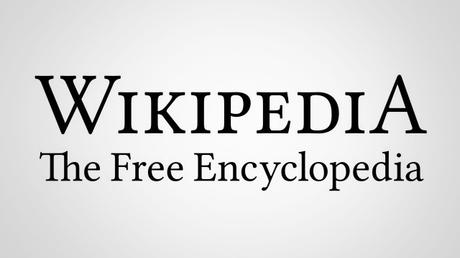
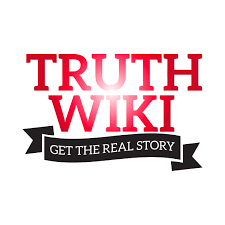
“If you want power, at some point you will have to spread fictions. If you want to know the truth about the world, at some point you will have to renounce power. . . As a species, humans prefer power to truth.”
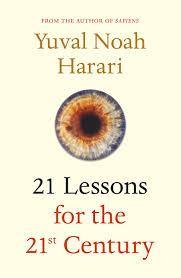
The aim of this series of posts is to sketch possible thinking steps that might help us to get a solution or at least a direction for one of today’s urgent issues as identified by Yuval Noah Harari in the book 21 Lessons for the 21st Century (see the blog post Will our inventions make us irrelevant?).
Introduction to the Post Truth challenge
The focus of our sixth 21 Century Challenge will be on post truth. We often consume news passively. We might watch the news on TV while we are ironing and we quickly scoll on Facebook to see what has happened to relatives and friends and the rest of the world. Yet, a thinker should formulate what he/she is going to think about. Instead of passively absorbing news or passively exploring this challenge, we should identify:
- ways to approach the topic;
- entry points;
- focus areas.
Thinking from Scratch
Of course you can start by studying all the literature that is available, but it is unlikely that you will come to other and more thorough insights. Stop information gathering and start to think.
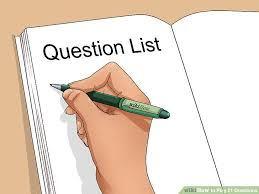
A good way is to write down in parallel some unconnected, random questions, statements or observations. Don’t forget “to question the questions”.
Then, choose the least obvious or most provocative; That is the most Beautiful Question. Step back, and notice what is missed for others and yourself . Challenge assumptions. Look for relations and patterns. Immerse into the situation.
Some examples of parallel, seemingly unrelated questions:
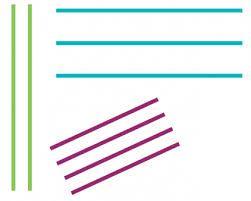
- Are there alternative ways than those Harari suggest to identify fake news
- What is fake news, and who defines it?
- Is Harari’s opinion in itself a made-up story?
- Who benefits from the fight against fake news?
- Information companies (Google, Facebook, Amazon, etc) are made responsible for intercepting and removal of fake-news. Is that a good development?
- Why is it a problem? For who?
- What goes wrong if we declare fake news as not problematic?
If you have problems or even resistance with asking questions exuberantly, in earlier posts about Questions you may find some clues and a simple but effective thinking instruction to get to more Beautiful Questions.
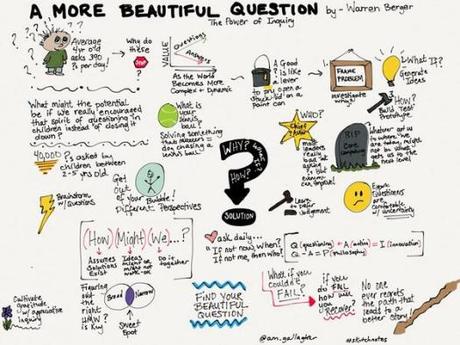
Follow Up
As usual, we will show our efforts in a following post.
Related
- News, Fake News and Not News
- Dramatized Thinking Vocabulary – How to Make Sense of the World
